FDA Recall Checker
Check for Active Safety Alerts
The FDA doesn’t wait for a crisis to escalate. When a product puts people at risk, the agency moves fast-sometimes too slow, sometimes just in time. In 2025, the agency made major changes to how it warns the public about dangerous drugs, faulty medical devices, contaminated food, and sneaky supplements. These aren’t just bureaucratic updates. They’re life-or-death signals you need to understand, whether you’re a patient, a caregiver, or just someone who buys vitamins online.
Medical Devices: The Big Shift in Early Warnings
Starting September 29, 2025, the FDA changed how it handles medical device safety. For the first time, Early Alert Communications now cover all medical devices, not just the highest-risk ones. Before this, the agency waited until a recall was confirmed before telling hospitals and clinics. Now, if the FDA sees a pattern of malfunctions or injuries-even before a formal recall is issued-they’re required to warn providers immediately. This matters because devices like pacemakers, insulin pumps, and ventilators can fail without warning. In 2024, Class I recalls (the most serious category) jumped 15% year-over-year. The new system aims to cut the time between when the FDA spots a problem and when doctors hear about it-from weeks to days. Hospitals are now told to check for alerts daily and respond within 24 hours. But not all facilities do. A 2025 survey found 40% of rural clinics still rely on weekly email summaries, missing urgent updates.Drugs: Vaccines, Compounds, and Hidden Ingredients
The FDA updated labeling for mRNA COVID-19 vaccines on June 25, 2025, adding a clearer warning about myocarditis and pericarditis, especially in young men. It’s not a new risk, but now the language is more direct. Patients are told to watch for chest pain, shortness of breath, or rapid heartbeat within a week after vaccination. But the biggest drug story of 2025 was the crackdown on compounded GLP-1 drugs. In September, the FDA sent over 50 warning letters to companies making unapproved versions of semaglutide (the active ingredient in Ozempic and Wegovy). These aren’t FDA-approved products. They’re made in labs with inconsistent purity, sometimes containing toxic solvents or wrong dosages. One patient in Ohio ended up in the hospital after taking a compounded version that had 300% more active ingredient than labeled. Meanwhile, the agency also removed Risk Evaluation and Mitigation Strategies (REMS) for CAR T-cell therapies on June 26, 2025. These are complex cancer treatments that used to require strict doctor training and patient monitoring. After years of safety data showing low error rates, the FDA decided the extra rules were unnecessary. It’s a rare example of the FDA simplifying regulation when evidence supports it.Dietary Supplements: The Hidden Pharmaceuticals Problem
If you buy weight loss, muscle-building, or “natural” energy supplements, you’re at risk. In 2025 alone, the FDA issued 12 major recalls for supplements containing undeclared pharmaceuticals. The most common offenders? Sildenafil (Viagra), tadalafil (Cialis), and hydroxychloroquine. Take the March 3, 2025 recall of Vitality Capsules by One Source Nutrition, Inc. The product claimed to boost energy and stamina. Lab tests found it contained sildenafil and tadalafil-both prescription drugs. People with heart conditions who took it didn’t know they were ingesting a potent vasodilator. Some ended up in the ER. Another example: Natural Dior LLC’s Vitafer-L Gold Liquid was marketed as a “natural testosterone booster.” It had tadalafil-no warning on the label. The FDA says 68% of supplement recalls in 2025 involved hidden drugs. These aren’t mistakes. They’re deliberate. Manufacturers know people want quick fixes, and they’re willing to risk lives to sell them.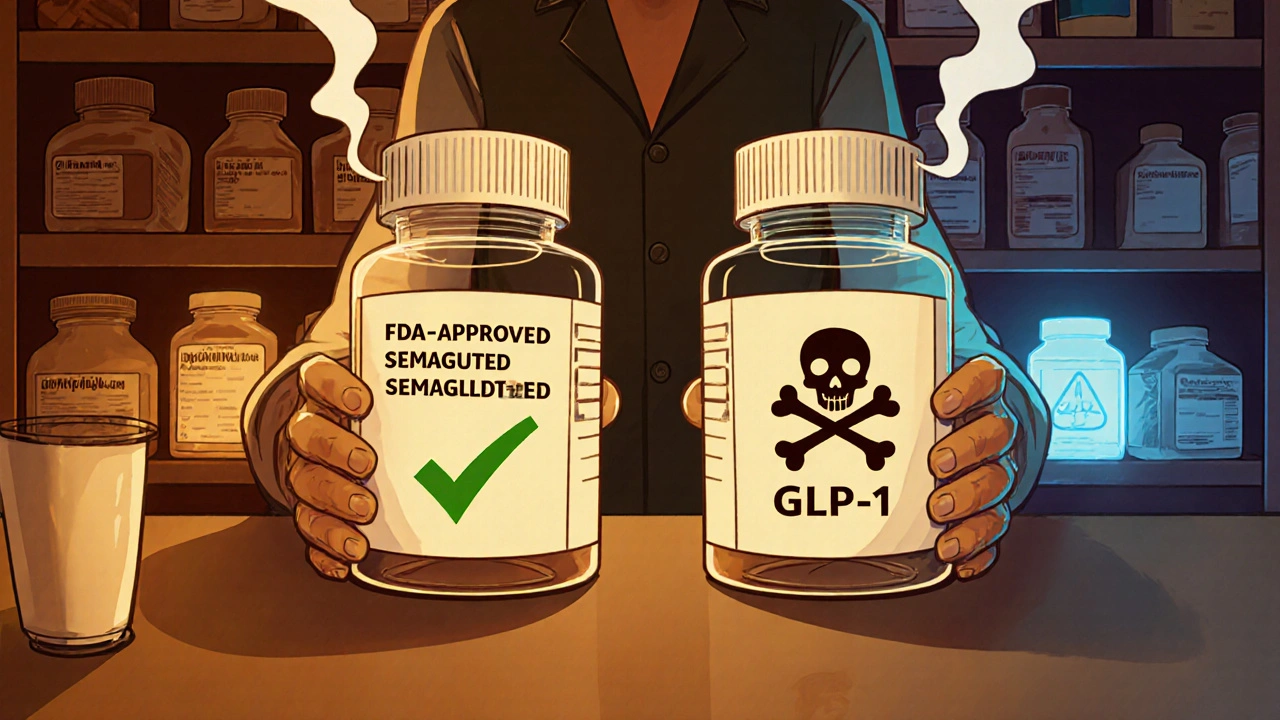
Food Safety: Lead, Eggs, and Silent Contaminants
Food alerts in 2025 weren’t about salmonella or E. coli alone. The big concern was lead. In August, the FDA warned against imported cookware from Southeast Asia that could leach lead into food during cooking. The problem? Many of these pots and pans are sold online as “artisanal” or “vintage,” with no safety testing. Then came the egg recalls. In September, Black Sheep Egg Company pulled 12,000 cartons after Salmonella was found in multiple batches. The company had skipped mandatory testing to cut costs. The FDA’s food safety division issued 178 formal alerts in 2024-a 22% jump from 2023-and that trend continued into 2025. Even spices aren’t safe. A July 2024 alert about lead in ground cinnamon still echoes. Consumers tested their own cinnamon at home and found levels 10 times above the FDA’s safety limit. The issue? Cinnamon from certain regions is often contaminated with lead dust during harvesting or processing. The FDA hasn’t banned it, but it advises buying from trusted brands and checking for third-party testing.Who’s Listening? And Who’s Ignoring Alerts?
The FDA sends out alerts through email, its website, MedWatch for professionals, and social media. But not everyone pays attention. Consumer Reports found only 42% of adults regularly check for recalls. That number jumps to 68% among seniors after a high-profile incident-like the May 9, 2025 pause on the Ixchiq chikungunya vaccine for people over 60. But younger people? Most never check. Social media helps spread the word on food recalls, but medical device alerts? They rarely trend. Healthcare providers are overwhelmed. A 2025 study in JAMA Internal Medicine found 35% of clinicians ignore routine FDA alerts because there are too many. The agency is now testing AI-driven systems that prioritize alerts based on your specialty. A cardiologist gets different warnings than a dermatologist.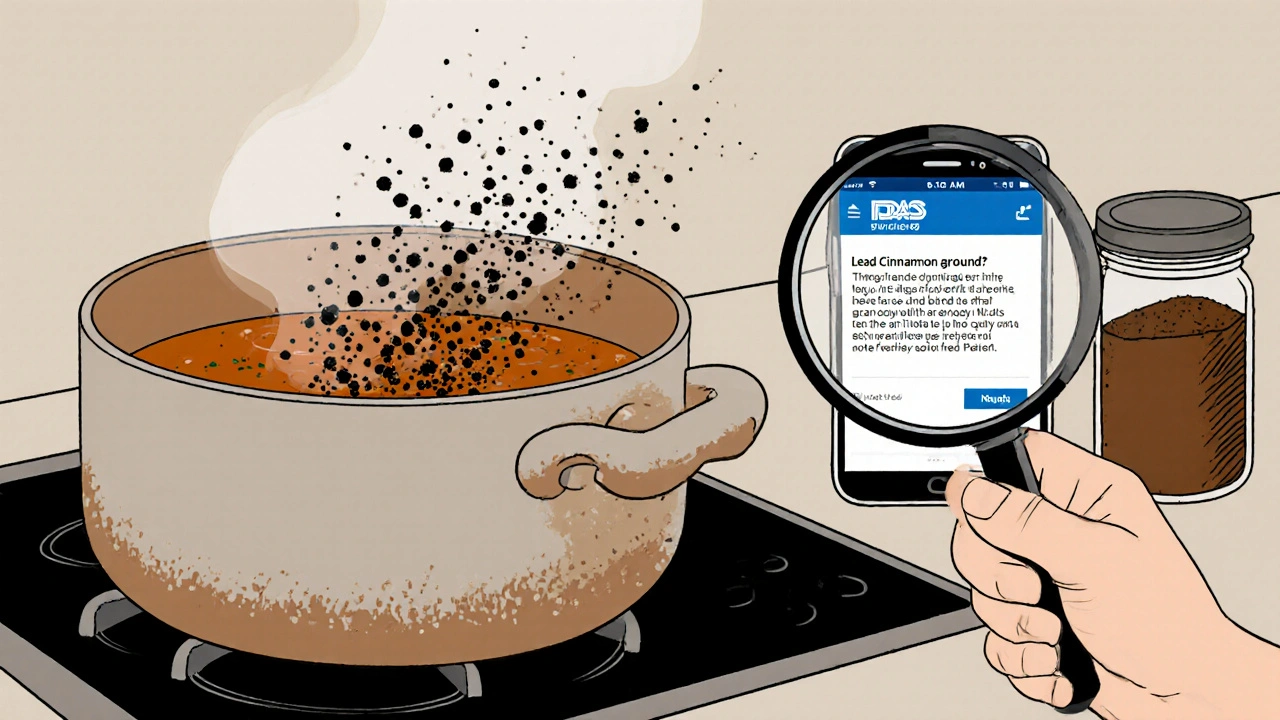
What You Should Do Right Now
You don’t need to be a health expert to stay safe. Here’s what actually works:- Sign up for FDA email alerts at fda.gov/safety-it’s free and only takes a minute.
- If you take supplements, check the label for third-party testing (USP, NSF, or ConsumerLab). If it’s not there, be skeptical.
- Don’t buy compounded drugs from online pharmacies. If it’s not FDA-approved, it’s not safe.
- Keep your medication bottles. Lot numbers matter. If a recall happens, you can check if yours is affected.
- Ask your doctor: “Have there been any new safety alerts about my meds or devices?” Don’t assume they know.

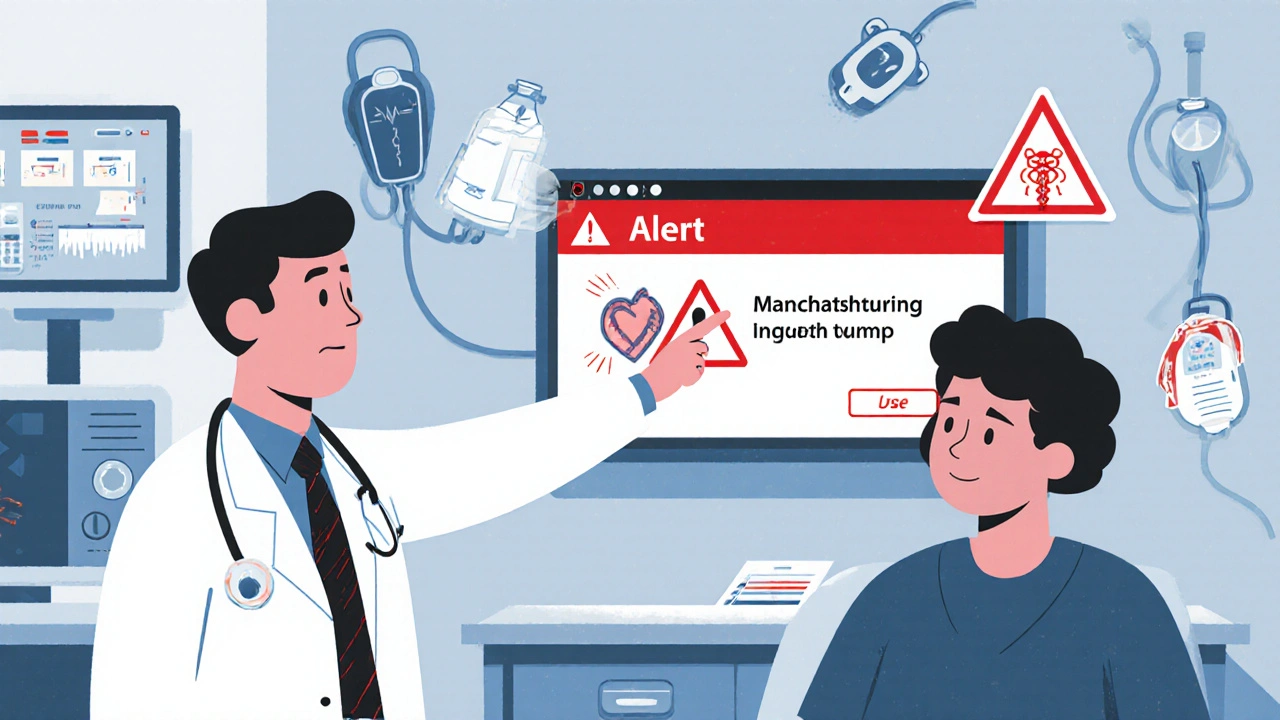

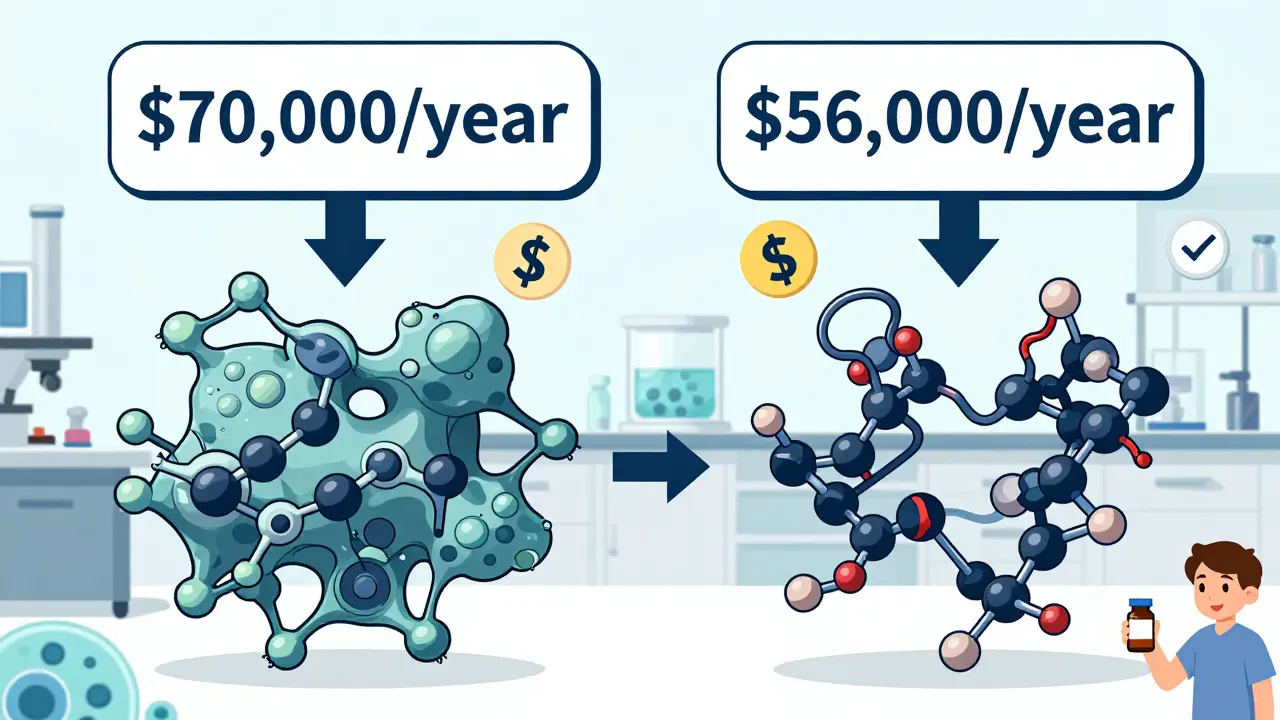
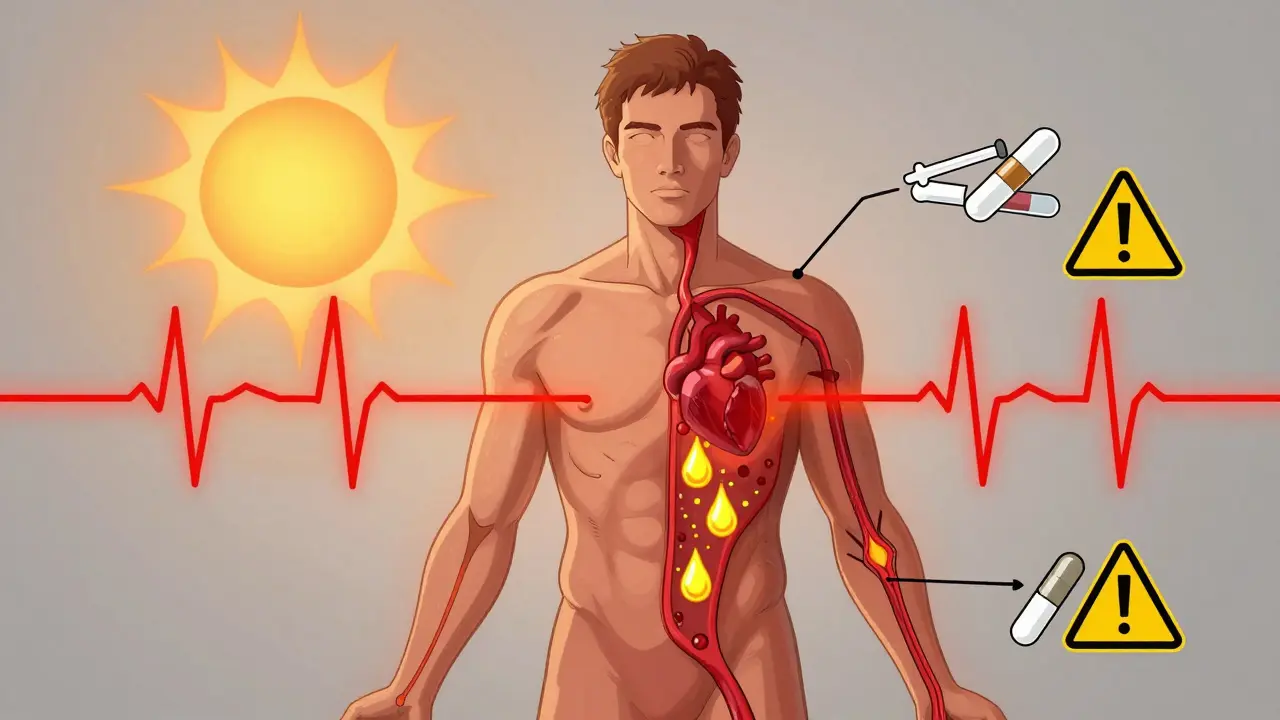
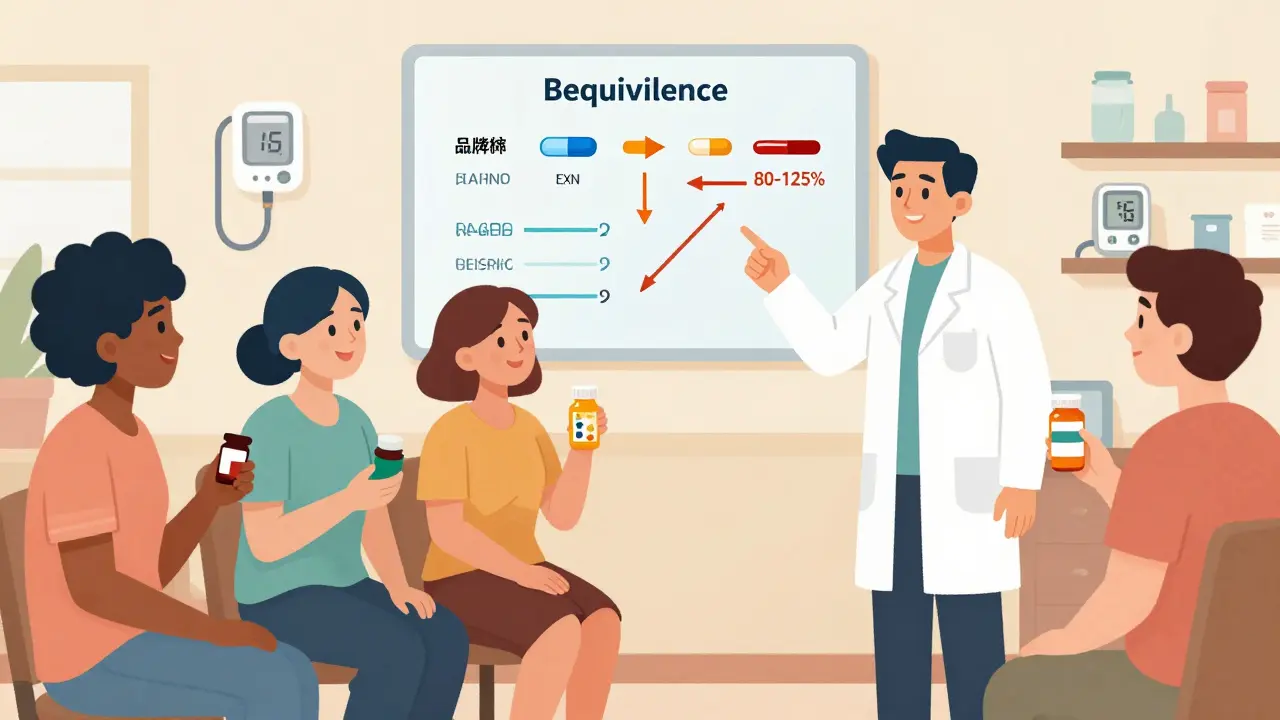
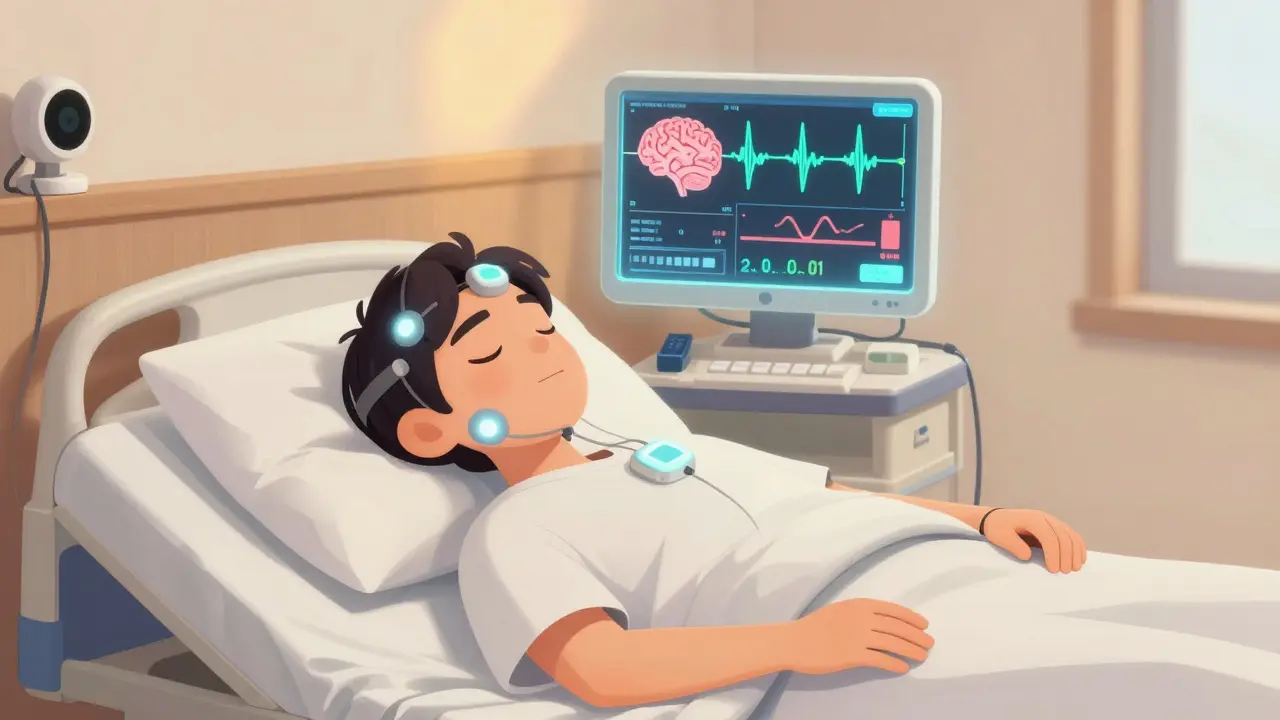

9 Comments